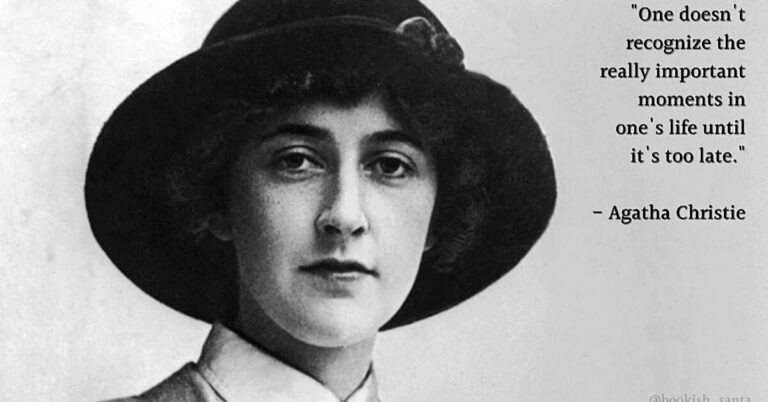If what you’re writing isn’t the quality you wanted or hoped for, it’s easy to think, “I’m not good at this.”
I don’t have the talent
I don’t know how
My stuff is boring
This sucks. What’s on Netflix right now?

There’s always something on Netflix! So let’s put that whole idea aside.
The myth of talent is that people become masters of their job, sport, or art, because of an innate skill or inborn trait. And in fact, according to this article in Scientific American, it’s true that professional basketball players have significantly better-than-average visual acuity—a physical trait—and that prodigies score high on working memory, which is substantially heritable.
But they have also spent thousands of hours focused on building skills in their area of interest. We might wonder what came first—the useful trait, or the hours spent practicing what they wanted to do?
With writing, it doesn’t matter. If you like sentences, you can learn to be a great writer.
All you need to do is write a lot, read a lot, and learn a lot.
It’s a bit like gardening in that way. Anyone can garden, just like anyone can write a book. But if you see yourself as a black thumb, which I did for years, it can be a self-fulfilling prophecy.

All my plants died, some slowly, some quickly. Inside, outside. It didn’t really matter, they died.
My history with tomatoes
- I’d plant the seedling and then forget I’d done it and do nothing. It would die quickly.
- I’d plant the seedling and water it once. It would die a little slower.
- I’d plant the seedling and take care of it regularly enough that it actually grew, but then I wouldn’t pick it. It might as well have died, because it just rotted on the vine.
The pattern is apparent (death of the plant), and so is the reason for it (lack of persistence). To be a green thumb, one must persist beyond the first stage of planting the seedling.
It’s the same with writing
Steady attention and skill building, project after project, is better than talent in the end. The writers who succeed are the ones who don’t give up.





